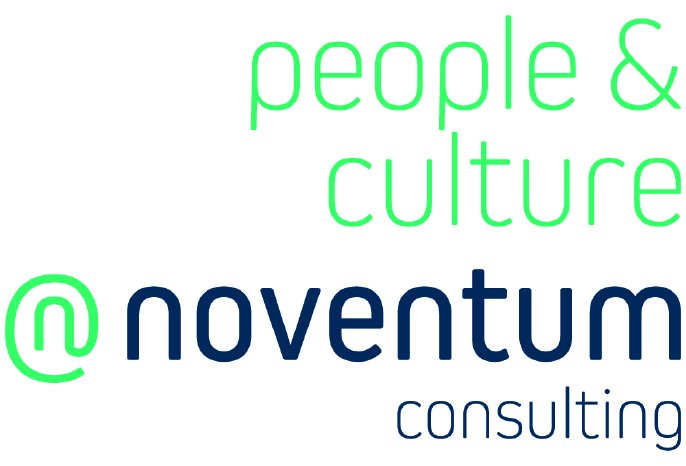From Uwe Rotermund
Trust is more than a concept or an attitude; it must be actively built and cultivated. Most institutions address the great importance of trust between employees and with customers in their mission or vision statements. Few, however, have defined the cultivation of a culture of trust as a process and a management task. In his article, Uwe Rotermund makes the case for treating trust consistently as a management task and pursuing it systematically and sustainably.
Trust is a process
Trust is the beginning of everything, as the saying goes. In fact, in describing a recipe for breaking out of the complexity trap in my book, I also chose the ingredient "trust" as the basis for the other 7 ingredients "responsibility," "decisions," "agility," "mission statement," "performance orientation," "information," and "role clarity" that build on it. Almost every company will have mentioned the term trust in their mission statement or values and vision statements. However, naming and defining this substantial value is only the beginning of a multifaceted process to establish corresponding structures and routines. Postulating trust is a necessary "nobrainer"; systematically establishing and managing trust is one of the most challenging and important leadership tasks in an organizational culture.
Performance orientation is an intrinsic motivator
Frederic Laloux's masterpiece "Re-Inventing Organizations" describes how modern organizations organize and manage themselves. Laloux focuses on meaningfulness, wholeness and autonomy. From my entrepreneurial experience, I like to add performance orientation as an intrinsic (!) motivator. With the aspect of autonomy, we have already arrived at the question of trust. Autonomy and self-organized work can only succeed in a trusting environment. A motivating performance culture can also only develop in the trust that employees want to perform because it is worthwhile for them - and not just financially. After all, performing well and receiving appreciation for it is a basic need for many people. In the industrial and administrative culture, this has often been corrupted by extrinsic performance incentives.
Read in the complete article in nc360°, the newsplatform of noventum consulting
- Trust is a practice
- Measure trust management
- Motivating employees to provide feedback


